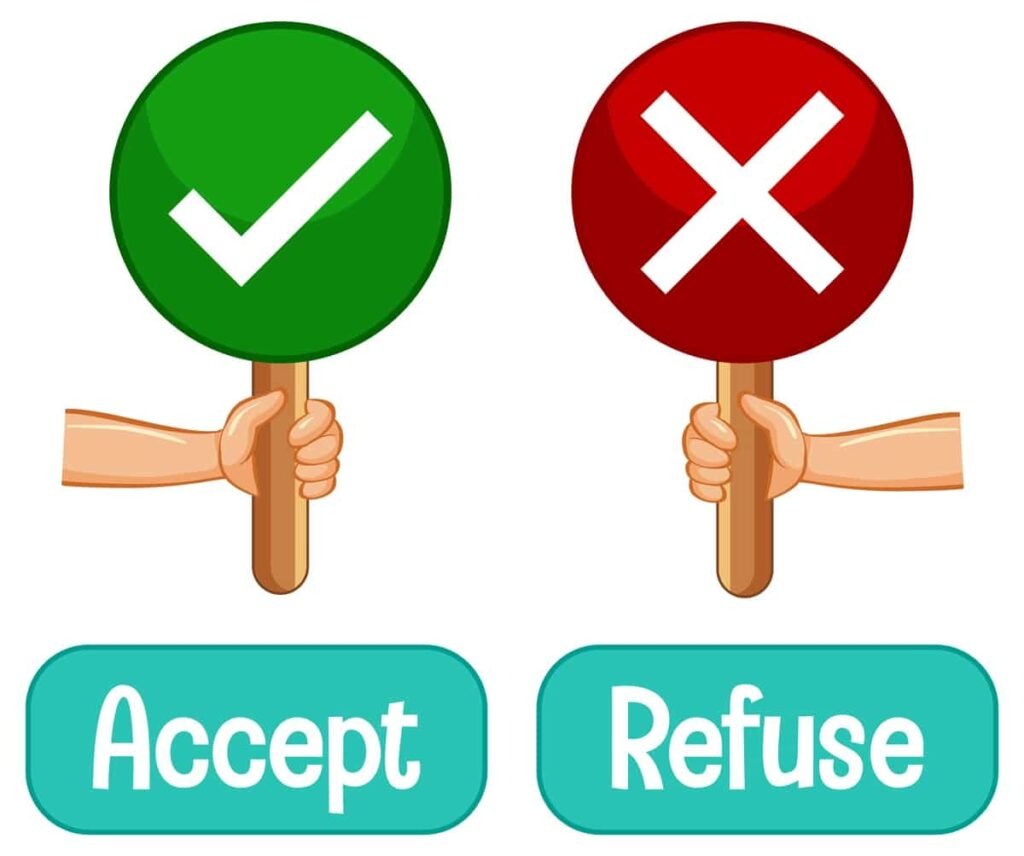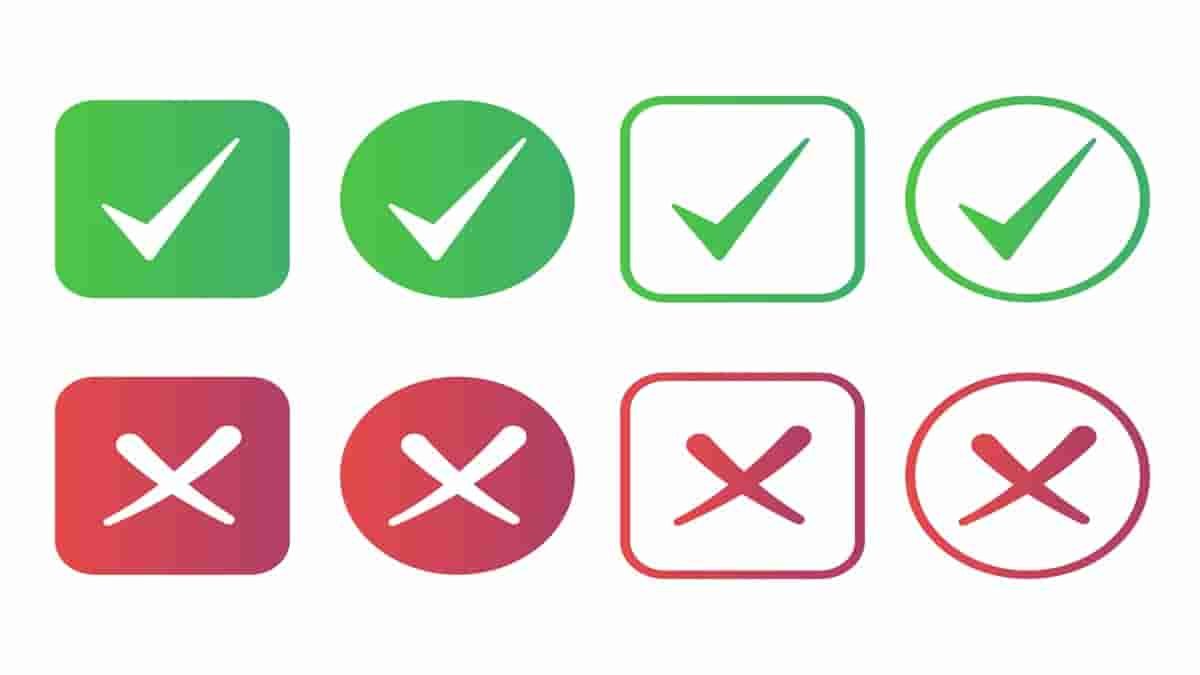How Do I Know Right and Wrong? The question of right and wrong has plagued humanity since we first started forming societies and reflecting on our actions. It’s a question debated by philosophers, theologians, and everyday individuals alike. There’s no single, universally accepted answer, and the journey of defining your own moral compass is often a lifelong process of learning, reflection, and adjustment. This blog post aims to explore the complex landscape of morality, providing you with a framework for understanding the different influences that shape our sense of right and wrong, and offering tools to help you navigate moral dilemmas with greater confidence.
How Do I Know Right and Wrong?

The Multifaceted Nature of Morality:
Before we dive into the “how,” it’s crucial to understand that morality isn’t a monolith. It’s a multifaceted concept shaped by a complex interplay of factors, including:
- Evolutionary Biology: Some argue that morality has roots in our evolutionary past. Behaviors that promoted cooperation and group survival, like altruism and reciprocity, were more likely to be passed down genetically. This perspective suggests we’re hardwired to some extent for certain moral inclinations.
- Cultural Norms: The society we grow up in profoundly influences our perception of right and wrong. Cultural norms dictate acceptable behaviors, customs, and traditions, which often form the foundation of our early moral understanding. What’s considered polite, respectful, or even acceptable varies significantly across cultures, highlighting the subjective nature of some moral codes.
- Personal Experiences: Our individual experiences, both positive and negative, play a crucial role in shaping our moral compass. Witnessing injustice, experiencing kindness, or grappling with difficult choices can all profoundly impact our understanding of right and wrong. These experiences often lead to personal moral philosophies that might deviate from societal norms.
- Religious and Philosophical Beliefs: Many people derive their moral guidance from religious texts, teachings, or philosophical systems. These sources often provide a comprehensive framework for understanding the world, our place in it, and the principles that should guide our actions. Religions often prescribe specific behaviors and provide moral codes for followers. Philosophical systems, like utilitarianism or deontology, offer frameworks for ethical decision-making based on reason and logic.
- Emotional Intelligence and Empathy: Our ability to understand and share the feelings of others (empathy) is critical to moral reasoning. Empathy allows us to connect with the potential impact of our actions on others, which can significantly influence our moral judgments. Emotional intelligence, the broader capacity to understand and manage our own emotions and those of others, plays a key role in navigating complex social interactions and making ethical decisions.
Different Approaches to Moral Reasoning:
Recognizing the various influences on morality allows us to explore different approaches to moral reasoning. Understanding these frameworks can provide valuable tools for navigating complex situations and making informed decisions.
- Consequentialism (Utilitarianism): This approach focuses on the consequences of actions. The “right” action is the one that produces the greatest good for the greatest number of people. Utilitarianism often involves weighing the potential benefits and harms of different options to determine the most morally sound choice. A common phrase associated with this philosophy is “the ends justify the means.” However, it can be difficult to predict all the consequences of an action, and it may justify actions that are considered intuitively wrong if they lead to a greater overall good.
- Deontology (Duty-Based Ethics): Deontology emphasizes moral duties and rules, regardless of the consequences. Actions are considered right or wrong based on whether they adhere to these pre-established rules. Immanuel Kant’s categorical imperative is a prominent example of deontological ethics, stating that you should only act according to a maxim that you would wish to become a universal law. For example, a deontological approach might consider lying always wrong, even if it could prevent a greater harm. This approach provides clear principles, but can be inflexible and fail to account for unique circumstances.
- Virtue Ethics: This focuses on the character of the moral agent rather than the specific actions they take. It emphasizes cultivating virtues like honesty, compassion, courage, and justice. The “right” action is the one that a virtuous person would take in the same situation. Virtue ethics focuses on developing good moral character over time. This approach is concerned with the long-term impact of our choices on who we become, but it can be subjective and difficult to apply in specific situations.
- Care Ethics: This emphasizes the importance of relationships and caregiving in moral decision-making. It prioritizes empathy, compassion, and responsiveness to the needs of others. Care ethics often challenges traditional ethical frameworks that prioritize abstract principles over concrete relationships. It highlights the importance of context and relationships in making moral judgments and emphasizes the need to consider the needs and perspectives of all involved, particularly the most vulnerable. However, it can sometimes be difficult to balance the needs of different individuals within a relationship.
Practical Steps to Develop Your Moral Compass:
Now, let’s move on to the practical steps you can take to cultivate your own well-defined sense of right and wrong.
- Self-Reflection and Values Clarification:
- Identify Your Core Values: Take time to reflect on what you truly believe in and what matters most to you. What principles guide your life? Examples might include honesty, kindness, fairness, responsibility, respect, courage, integrity, or freedom.
- Examine Your Biases: We all have biases, both conscious and unconscious. Recognizing these biases is crucial for making objective moral judgments. Consider how your upbringing, culture, and personal experiences might influence your perspectives.
- Question Your Assumptions: Don’t blindly accept societal norms or handed-down beliefs. Challenge your assumptions and critically evaluate the reasons behind them.
- Seek Diverse Perspectives:
- Engage in Open-Minded Dialogue: Talk to people with different backgrounds, beliefs, and experiences. Listen actively to their perspectives, even if you disagree with them.
- Read Widely: Explore different philosophical viewpoints, religious texts, and cultural traditions. This exposure will broaden your understanding of moral issues and help you refine your own beliefs.
- Consider Different Cultures: Understanding that moral values vary across cultures is crucial for avoiding ethnocentrism and promoting tolerance.
- Develop Empathy and Emotional Intelligence:
- Practice Active Listening: Pay attention not only to what people are saying but also to their emotions and nonverbal cues. Try to understand their experiences from their perspective.
- Engage in Perspective-Taking: Imagine yourself in someone else’s shoes. How would you feel in their situation? What would you want or need?
- Cultivate Compassion: Show kindness and concern for others, especially those who are suffering. Volunteering, donating to charity, or simply offering a listening ear can help cultivate compassion.
- Apply Ethical Frameworks to Real-Life Dilemmas:
- Identify the Ethical Issues: Clearly define the moral questions at stake in a given situation.
- Gather Relevant Information: Research the facts, consider different perspectives, and identify potential consequences.
- Apply Ethical Frameworks: Use consequentialism, deontology, virtue ethics, and care ethics to analyze the situation from different angles.
- Make a Decision and Justify It: Choose the action that you believe is most morally sound and be prepared to explain your reasoning.
- Learn from Mistakes and Adapt:
- Reflect on Past Decisions: After making a moral decision, take time to reflect on the outcome and whether you would make the same choice again.
- Be Open to Change: Your moral compass is not fixed. Be willing to revise your beliefs and behaviors based on new information and experiences.
- Seek Feedback: Ask trusted friends, family members, or mentors for their perspectives on your moral choices.
Addressing Common Moral Dilemmas:
Many situations in life present genuine moral dilemmas, where there is no easy or clear answer. Here are some common examples and strategies for navigating them:
- Lying: Is it ever justifiable to lie, even to protect someone’s feelings or prevent harm? Consider the potential consequences of the lie, the motivations behind it, and whether there are alternative options. Utilitarianism might support lying to prevent a greater harm, while deontology would likely condemn it.
- Cheating: Is it ever acceptable to cheat, even if it’s just a small advantage? Consider the impact on others, the integrity of the system, and the values that are at stake. Virtue ethics would emphasize the importance of honesty and fairness.
- Stealing: Is it ever justifiable to steal, even if it’s to feed your family or save a life? Consider the consequences for the victim, the potential for alternative solutions, and the broader implications for the rule of law.
- Loyalty vs. Honesty: What do you do when loyalty to a friend conflicts with the need to be honest? Consider the nature of the friendship, the importance of the truth, and the potential consequences of both options.
In these dilemmas, there are rarely easy answers. The goal is to weigh the competing values, consider the potential consequences, and make a decision that aligns with your core values and your understanding of what constitutes moral action.
Conclusion:

Developing a strong moral compass is a lifelong journey of self-discovery, learning, and reflection. There are no easy answers or shortcuts, but by engaging in self-reflection, seeking diverse perspectives, developing empathy, and applying ethical frameworks, you can navigate the complexities of morality with greater confidence and integrity. Remember that morality is not static; it evolves as we grow and learn. The key is to remain open-minded, compassionate, and committed to living a life that aligns with your deepest values. By consciously engaging with the question of right and wrong, you contribute not only to your own moral development but also to a more just and compassionate world.


